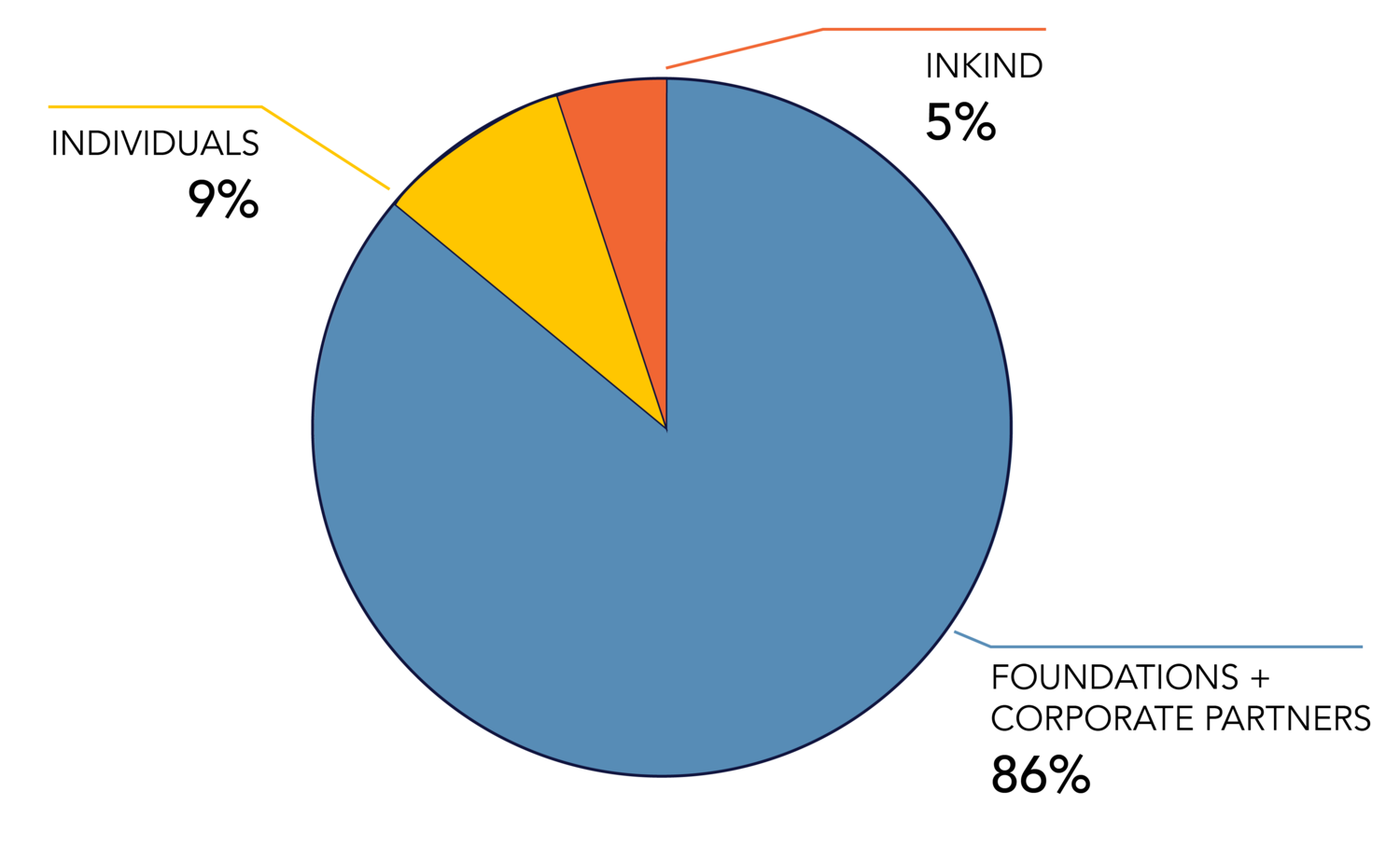Project Alianza works in remote farming communities, in Nicaragua, El Salvador, and Guatemala, where there is greatest inequality in primary education completion between rich and poor children in the region. More than half of children in rural Nicaragua and Guatemala drop out of school before completing primary grades.




M. is one of our scholarship students who is motivated to transform her community. This year, in the midst of the pandemic, she lead workshops to help younger students in her community adjust to the new social distancing practices. M. wants to study computing and accounting, to teach students of her own one day, to learn to drive, and to travel like the women of Project Alianza.
Read her story here.




When one of our communities fell victim to heavy hurricane damage, Loyda led the distribution of crucial materials to families who lost their homes and belongings to the storm. Loyda also trained our new field staff in Guatemala and El Salvador to launch our new scholarship programs to provide extra support to children at risk of dropping out.





David Weekley Foundation provided a $25,000 grant to help communities heal, rebuild, and plan for future crises.

Salesforce UK and Indianapolis mobilized their friends and hosted three campaigns to raise over $8,000 (and counting!) for scholarships to support children at risk of dropping out during the pandemic.

In addition to our $50,000 program grant to support literacy and girls programs, VoLo Foundation provided an additional $5,000 general operations grant to provide interim salary support for Central American women.

The McNulty Foundation, in partnership with the Aspen Global Leadership Network, awarded a $5,000 grant to Project Alianza from the Global Response Fund to support a public health and distance learning program created in partnership with Barrilete.


